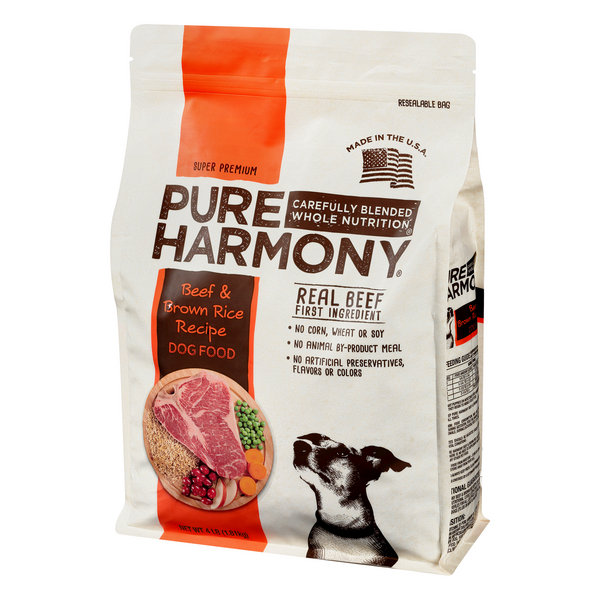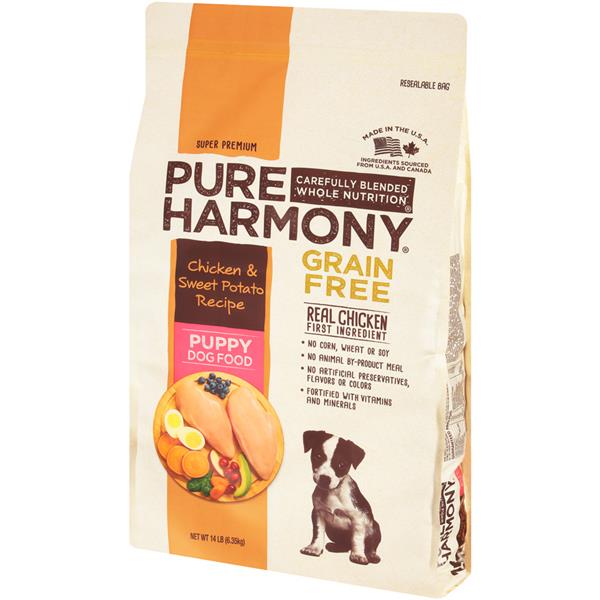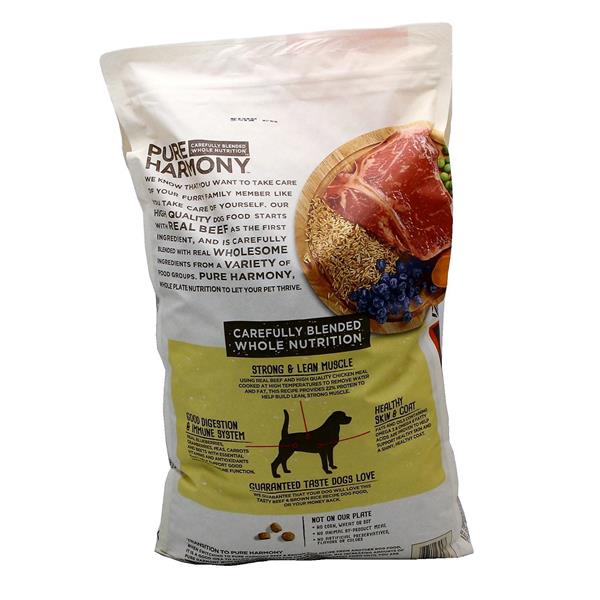

The term was popularized with the foundation of the Vegetarian Society in Manchester in 1847, although it may have appeared in print before 1847. Modern dictionaries explain its origin as a compound of vegetable ( adjective) and the suffix -arian (in the sense of agrarian). Historically, 'vegetable' could be used to refer to any type of edible vegetation. The first written use of the term "vegetarian" originated in the early 19th century, when authors referred to a vegetable regimen diet. While some vegetarians scrutinize product labels for such ingredients, others do not object to consuming them, or are unaware of their presence. Packaged and processed foods may contain minor quantities of animal ingredients. While avoidance of animal products may support health and ethical concerns, dietary supplements may be needed to prevent nutritional deficiency if all such products are shunned, particularly for vitamin B12. Maintenance of a vegetarian diet can be challenging. As the strictest of vegetarian diets, a vegan diet excludes all animal products, including eggs and dairy (and even extends to abstain the use of any animal derived product). There are many variations of the vegetarian diet: an ovo-lacto vegetarian diet includes both eggs and dairy products, an ovo-vegetarian diet includes eggs but not dairy products, and a lacto-vegetarian diet includes dairy products but not eggs. Other motivations for vegetarianism are health-related, political, environmental, cultural, aesthetic, economic, taste-related, or relate to other personal preferences. Such ethical motivations have been codified under various religious beliefs as well as animal rights advocacy.

Many people object to eating meat out of respect for sentient animal life. Vegetarianism may be adopted for various reasons. It may also include abstaining from eating all by-products of animal slaughter. Vegetarianism is the practice of abstaining from the consumption of meat ( red meat, poultry, seafood, insects, and the flesh of any other animal). Ovo, lacto, ovo-lacto, veganism, raw veganism, fruitarianism, Buddhist vegetarianism, Jain vegetarianism, Jewish vegetarianism, Christian vegetarianism, Sattvic vegetarianism Made in the USA.Practice of abstaining from the consumption of meatĭiet derived from plants, with or without eggs and dairy Calorie Content (calculated): Metabolize Energy (ME) 3,403 kcal/kg 322 kcal/cup. Nutritional Guarantee: Pure Harmony Beef & Brown Rice Recipe dog food is formulated to meet the nutritional levels established by the AAFCO Dog Food Nutritional Profiles for all life stages of dogs, except for growth of large size dogs (70 lbs or more as an adult). To learn more about the benefits of Pure Harmony dog food, visit. If for any reason, you or your dog don't love this product, we'll replace it or give you your money back. Pure Harmony is proud of the ingredients we use and the care we take making this product. No artificial preservatives, flavors or colors. Guaranteed Taste Dogs Love: We guarantee that your dog will love this tasty Beef & Brown Rice Recipe dog food, or your money back.
Pure harmony dog food skin#
Healthy Skin & Coat: Fats and oils containing omega 3 & omega 6 fatty acids are proven to help support healthy skin and a shiny, healthy coat. Good Digestion & Immune System: Real blueberries, cranberries, peas, carrots and beets with essential vitamins and antioxidants that help support good digestion & immune function. Strong & Lean Muscle: Using real beef and high quality chicken meal cooked at high temperatures to remove water and fat, this recipe provides 22% protein to help build lean, strong muscle. Pure Harmony, whole plate nutrition to let your pet thrive.


Our high quality dog food starts with real beef as the first ingredient, and is carefully blended with real wholesome ingredients from a variety of food groups. We know that you want to take care of your furry family member like you take care of yourself. Rich in antioxidants, vitamins and minerals.


 0 kommentar(er)
0 kommentar(er)
